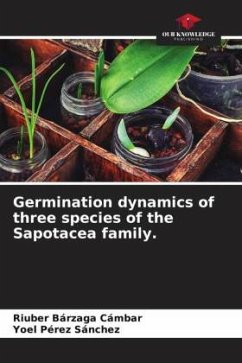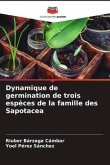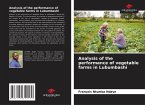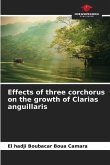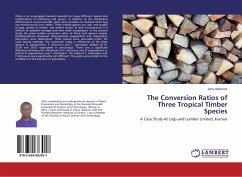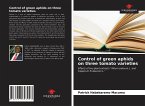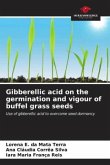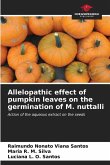The experience was carried out in the municipal nursery of Urban Agriculture of the municipality of Jiguaní, during 2004 and 2005. The purpose was focused on determining the germination dynamics of botanical seeds of sapote (Pouteria sapota (Jaqc.)), loquat (Manilkara sapota L.) and canistel (Pouteria campechiana (H.B.K) Bahni); belonging to the Sapotaceae family. The seeds of these species are classified as recalcitrant and their management in nurseries or direct sowing is very difficult. The following response variables that characterize germination dynamics were evaluated: germination initiation, germination period and germination percentage. This occurred at the germinator level, where the factors that influenced germination dynamics were determined by: the post-harvest seed conservation period, concentrations of vermicompost exudate with which the seeds were imbibed and the maturity stage of the fruits that originated them. It was determined that after 10 days after harvesting, the seeds lose about 50% of the vermiculture exudate that can accelerate germination.

